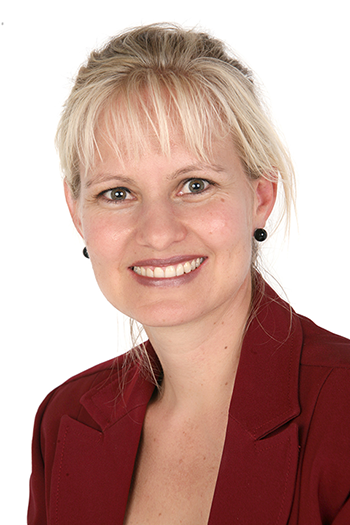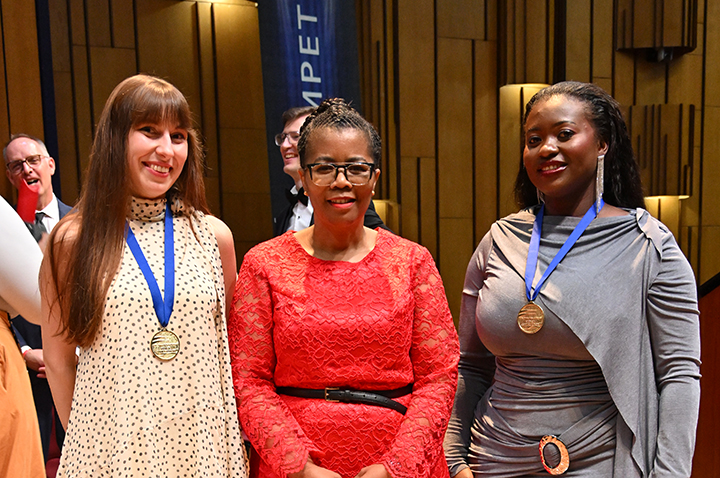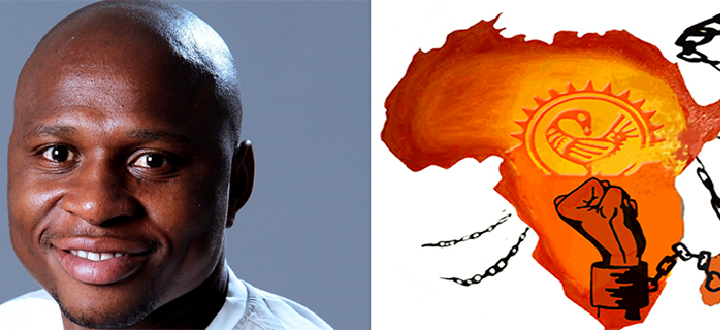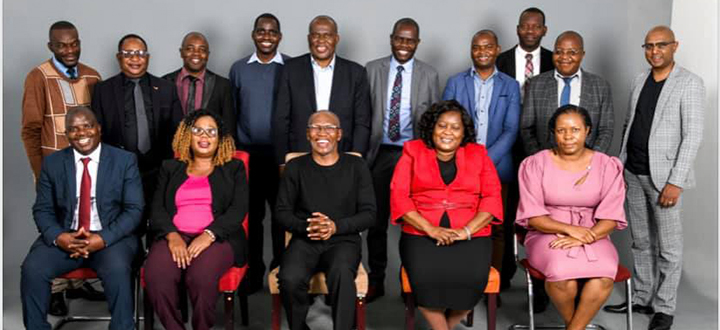

Former Unisan Sharon Smulders (Independent contractor: SAICA and Tax Advocacy Project Director) was awarded an NRF C1 rating in 2019.
As a scholar who has attained an international standing in her field, Professor Sharon Smulders was awarded a National Research Foundation (NRF) C1 rating in 2019. She is a former Unisan from the Department of Financial Intelligence in the College of Accounting Sciences (CAS).
Smulders was one of only four academics in South Africa to receive the recognition relating to taxation research, of which two are international academics affiliated to SA’s universities. She expressed that the NRF rating remains a crucial career milestone since taxation is a small field of research in the country. She also received R50 000 for this rating.
Though Smulders has since left the university, her sterling work was honoured at the 2020 Research & Innovation Awards. She says that receiving an NRF rating makes the long hours she has put into her research worthwhile. “It has not been an easy road—I remember crying Friday afternoons while everybody went home and I was still sitting in my office working. Personal sacrifices had to be made along the way and this rating, to some extent, makes up for them.”
Obtaining research funds is not new to Smulders. In 2017, she was awarded the Unisa Women in Research Support Programme Grant of R440 000 over a period of three consecutive years between 2018 and 2020 for research on tax compliance costs incurred by SA’s individuals and small, medium, and large businesses.
The South African Institute of Chartered Accountants (SAICA) also gave her R70 000 in 2016. For this research grant Smulders prepared a proposal for the university. The funding was used to help in tax compliance cost research for all SA’s taxpayers.
In 2011, Smulders again received funding amounting to R72 800 in total from the NRF. The funding was spread over three years from 2012 to 2014 and was awarded for international collaborative research on small business tax compliance costs.
Smulders said this could have not happened without the knowledge she gained through education. She completed both her BCom undergrad and honours degrees in Accounting Sciences at the University of Pretoria (UP). In addition, Smulders was also the best student in the MCom Tax 870 at the same institution in 2004. Her PhD in taxation won the Norton Rose best South African PhD thesis award in 2013.
Smulders is amazing at getting things right the first time. Her academic journey in taxation field of study clearly tells that she is focused and detail oriented. She said: “I started as an academic in 2013 as a senior lecturer in taxation after being a manager at Deloitte.” At that time, she was looking for a more balanced life-style, hence she landed in academia.
“Soon I realised that academia was not only about lecturing but about research as well. Being able to lecture using my lived experiences was exciting and gratifying but the research component had me stumped. The challenge was to learn to think in a completely different way, much broader than the detailed technical law or standards that I was used to.”
As a numbers person, Smulders struggled to express her thoughts on paper in a meaningful and logical way. But she got assistance from the courses at UP where she had learnt about research publications and how to think about things from a different perspective.
Her research focus area is in tax compliance costs for small, medium, and micro enterprises (SMMEs). According to Smulders, SMMEs are the backbone of the economy. “I have always wanted to start my own business, but I had seen the difficulties many of my friends and family had to go through in starting and running their own businesses and thought there must be an easier way.” Apparently, their struggle was with taxation. This was the reason why she immediately jumped at the opportunity when the World Bank sent out a request for tenders for local South African assistance with research into tax compliance costs for SMMEs.
“My aim with my research is to try and make a difference for these businesses by ensuring that starting and running a small business is as easy and as simple as possible so that job creation in our country can thrive. Starting a small business, to a certain extent, requires entrepreneurship, so my research is slowly moving into this direction too, as SA does not seem to be creating and fostering the entrepreneurs that we so desperately need.”
Currently Smulders is supervising five students. Her hope is to help them through to completion so that they can continue with their own research. “This will mean that they, too, can take on more students and grow in this research area. There is strength in numbers,” she concluded.
*By Lesego Ravhudzulo, Journalist, Department of Institutional Advancement
Publish date: 2020/10/27
 Unisa celebrates a project of hope, dignity and student success
Unisa celebrates a project of hope, dignity and student success
 Women vocalists take top honours at Unisa's globally renowned showcase
Women vocalists take top honours at Unisa's globally renowned showcase
 African wealth is dependent on investment in education and development
African wealth is dependent on investment in education and development
 Unisa celebrates matric result success at Correctional Services ceremony
Unisa celebrates matric result success at Correctional Services ceremony
 Unisa ICT Director recognised among acclaimed IT leaders
Unisa ICT Director recognised among acclaimed IT leaders